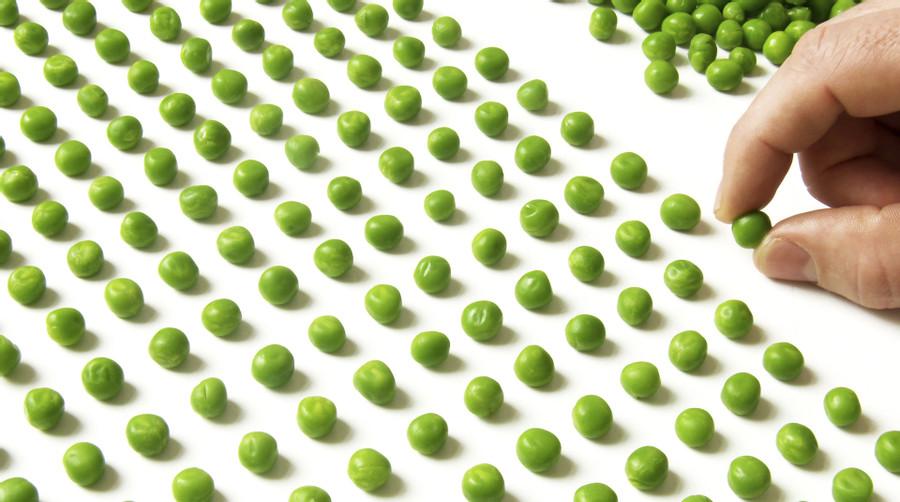Curbing a Compulsive Habit: A Primer
Curated from: zenhabits.net
Ideas, facts & insights covering these topics:
6 ideas
·554 reads
12
Explore the World's Best Ideas
Join today and uncover 100+ curated journeys from 50+ topics. Unlock access to our mobile app with extensive features.
Why We Have Compulsive Habits
We don’t do unhelpful things with the intent to harm ourselves, for the most part. We do them because the unhelpful habit is meeting some need.
- The need might be something like:
- I’m bored and want a dopamine hit
- I feel bad about myself and want to do something pleasurable to take my mind off it
- I feel awkward in social situations and need a distraction
- I’m stressed and need a coping mechanism
But if you just stop doing the compulsive habit, you have removed your coping mechanism without finding another way to meet your need.
12
115 reads
Remove Judgment, Add Compassion
We’re usually pretty judgmental about our compulsive habits. It’s a part of ourselves that we hate or a confirmation that we’re somehow bad or inadequate.
This kind of harsh judgment is a defense mechanism meant to help us get better. Beating ourselves up only makes us crave our compulsive coping mechanisms because now we feel bad about ourselves and are stressed out. Compassion is a healthy coping mechanism for stress, give it a try.
11
100 reads
Persistent, Patient Commitment
- Ask yourself if you really want to commit yourself fully to changing a habit. Sleep on it, and ask yourself again, before you half commit.It will come with difficulty, falling on your face, and a new way of seeing yourself. Is this something you want?
- If the answer is absolute yes … then commit yourself fully.
- Tell others about your commitment and ask them to hold you accountable. Promise to report to them every day or every week. Be as committed to this as you’ve been to anything in your life — your marriage, your kids, your job, your best friend.
12
84 reads
Change Your Environment
Change your environment, so that you aren’t likely to do the old habit. Ask people who live and work with you to hold you accountable.
Making it hard to do the old compulsive habit is called “Creating a Moat.” Don’t let your future self, at a moment of weakness, have an easy time of falling back into the old habit. Make it easier to stick to the new habit, even if it’s not especially easy.
11
82 reads
Don’t Do It Alone
When we seek to change a habit that we think is embarrassing, we usually try to do it in private, so no one can see our shame. This is a mistake.
Doing it alone is very, very hard, and it also reinforces the idea that we are doing something shameful, and that we should be doing this on our own. It’s stronger to do it with the help of others. Using other people’s support is just a more robust approach.
12
83 reads
Practice Awareness & the Powerful Pause
When the compulsion to do the old habit happens, if you’re not aware of the urge, you’re likely to obey it without questioning it. It’s an imperative, without awareness.
The key is to develop awareness of the urge so that you can notice it and not think of it as an imperative, but rather just a sensation in the body, and perhaps a thought (“Just one time is OK!”). With this kind of awareness, you now have a choice, and can question whether this is what you really want.
12
90 reads
IDEAS CURATED BY
Maxwell D.'s ideas are part of this journey:
Learn more about personaldevelopment with this collection
How to build positive relationships with colleagues and superiors
How to navigate office politics without compromising your values
How to handle conflicts and difficult situations in the workplace
Related collections
Similar ideas
Read & Learn
20x Faster
without
deepstash
with
deepstash
with
deepstash
Personalized microlearning
—
100+ Learning Journeys
—
Access to 200,000+ ideas
—
Access to the mobile app
—
Unlimited idea saving
—
—
Unlimited history
—
—
Unlimited listening to ideas
—
—
Downloading & offline access
—
—
Supercharge your mind with one idea per day
Enter your email and spend 1 minute every day to learn something new.
I agree to receive email updates

